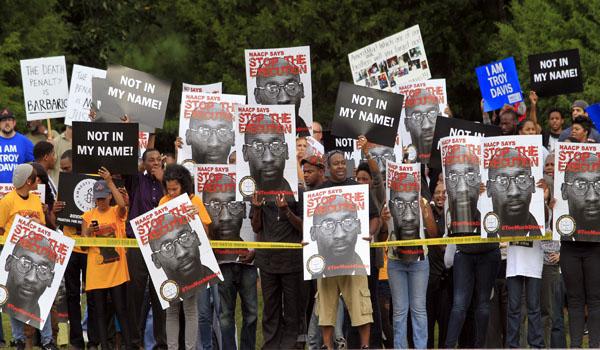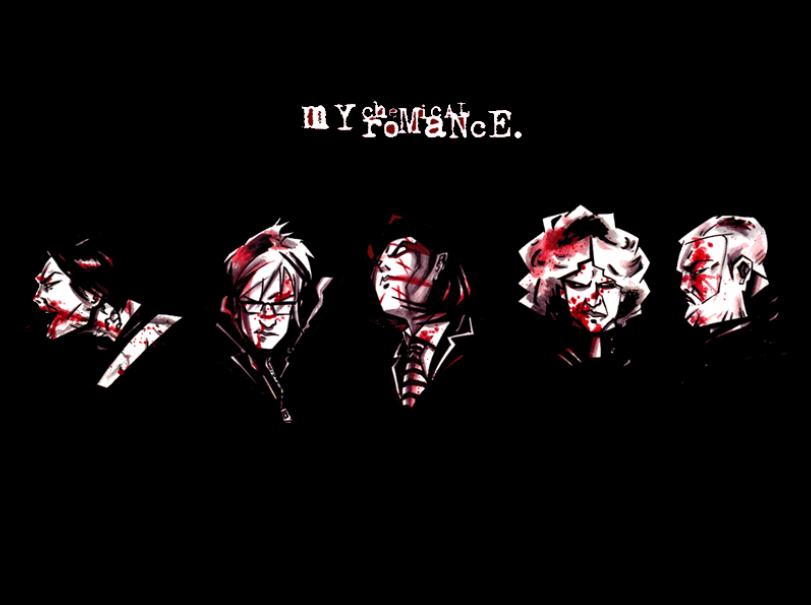Exactly one week ago, the state of Georgia executed Troy Davis for the 1989 murder of police officer Mark MacPhail. The execution stirred a controversy with many, as doubts over the evidence supporting Davis’s guilt arose, and rightfully so.
As reported by several television sources such as CBS and CNN, Davis, with several others including Sylvester “Redd” Coles, were in the parking lot of a Burger King in Savannah, Georgia when Coles started arguing with a homeless man by the name of Larry Young. As Young attempted to leave, he was pistol-whipped in the back of the head and MacPhail, off duty, went to his aid, but was shot by Young’s attacker.
The next day Coles went to the police and identified Davis as the shooter. Davis never stood a chance.
The facts of the case were shaky at best: seven of the nine original witnesses against Davis either recanted or changed their testimony, some claiming police coercion and an undocumented confession from Coles never made its way to a jury.
The case picked up in 2009, when Davis was granted to have his case reviewed in an evidentiary hearing, but the judge ruled against Davis, solidifying his impending and unjust execution.
Now I’m not here to argue a lost cause, Davis is dead. No amount of magically discovered evidence proving the case either way can breathe life back into the man for a new trial.
This case is simply highlighting the faultiness of the American legal system. America is one of only 70 countries still allowing the death penalty as the highest punishment, as reported by Amnesty International.
According to the Death Penalty Information Center, Davis was the 35th person executed in the United States this year.
And arguably the 35th person too many.
The basis of our beloved justice system is that the defendant is judged by a jury of his or her peers, as to maintain fairness and order, but the moral dilemma arises when twelve ordinary citizens are appointed with the power to end a person’s life. Not flag a defendant’s record, not lock them up in jail, but take their life thus ending their existence.
It’s a powerful, humbling, and all too terrifying burden. It’s a burden only God should bear.
As a society, we recognize that murder is wrong. We recognize the crime and punish the culprit. What good does it do to punish a murder by murdering? No life, no matter the quality of that life, is superior to another’s to the point where it can be taken from them, and that’s just fact. By exercising the death penalty, twelve people are forced to play God when in reality no one has the right to.
Exactly one week ago, Troy Davis’s life was taken in retaliation for a 22 year old murder, one which he was most likely not guilty of. Whether you dress it up as homicide or capital punishment, the bottom line remains the same: deciding another’s death is out of our moral jurisdiction. Murder is murder, no matter the cause.


















